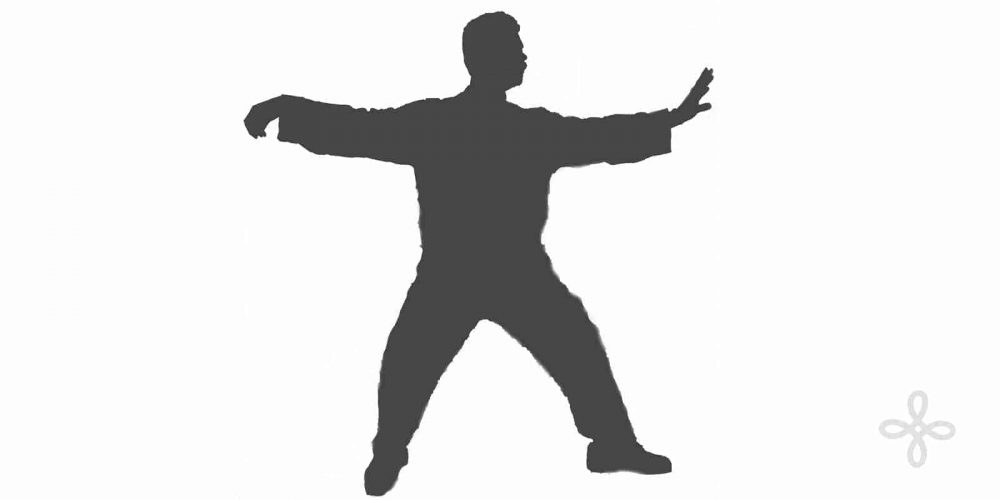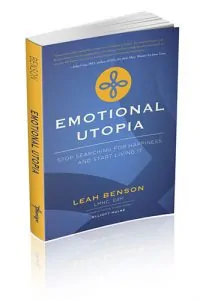Trauma and Mindfulness
If you are looking for help with your emotions or behavior and you’re searching the internet for insight, you’re probably seeing the words, trauma and mindfulness, everywhere. They are among the most common, popular words in the self-help and therapy worlds right now. So, what do they mean? And why would you even want to read about trauma if nothing really terrible ever happened to you?
The Different Types of Trauma
Well, first off, there are different types of trauma.
1 – Trauma
One of them is really obvious and is the kind of thing you automatically think of when you hear the word trauma:
- Car crash
- Bombing
- War
- Combat
- Molestation
- Rape
- Mugging
- That sort of stuff
Additionally, there are a bunch of other experiences that get called “trauma” today, too. And that’s where things get complicated.
2 – Complex Trauma
Being repeatedly overwhelmed, helpless and/or afraid and having no one to help you feel better or safer can lead to what’s called “complex trauma.” It’s not one big thing that happened, but lots of “little” things. Except they’re not “little” when you’re little. Especially if you’re overwhelmed, helpless and/or afraid with no one there to help you feel better and safer again.
3 – Developmental Trauma
When it is your own parents who are overwhelming and scary and you feel helpless in that situation, your trauma is called “developmental trauma.” Not only were your parents unavailable to help you feel better due to distraction or ignorance, but they were also the source of your fear. Therefore, this last scenario is the worst. It will leave you with something called disorganized attachment, and your interpersonal relationships are going to be dramatic, to say the least.
In short, if you’ve ever been overwhelmed, helpless and/or afraid and no one was there to help you feel better and safer, you’ve experienced some trauma. As a result, that’s why it’s such a big word these days.
Being overwhelmed, helpless and/or afraid and having no one there to help you feel better and safer is a very common experience for children. Consequently, hordes of people go around with over-aroused nervous systems that they experience as depression, anxiety, edginess, irritability, mood swings, difficulty focusing, and difficulty sleeping. Because the constant over-arousal, initially generated by these little, daily traumas, your nervous system was set to run on “high,” and you’re likely to be a high strung person who doesn’t know how to settle down without cannabis or alcohol. Or, you might even need a steady diet of benzos to get through your days.
Trauma and Mindfulness
That’s where mindfulness comes in. (It’s not going to get too “woo woo,” I promise.)
One type of mindfulness is the practice of focusing intentionally on something that is happening right now.
What this means is that you deliberately engage your attention on whatever you choose and deliberately notice sensory information or physical movements that you make.
It’s pretty simple.
And it dramatically decreases your baseline of over-arousal if you do it for long enough. In addition, mindfulness will ultimately improve your ability to tolerate emotions that come up.
The simplest version of mindfulness is paying attention to your breath as it comes in and goes out of your body. When your attention shifts away, bring it back. No need to feel bad or think you’re doing it wrong. Do this while you’re standing in line at the grocery store, or waiting at the drive-through. You’ll be practicing mindfulness. And believe it or not, you will be improving your ability to deal with your emotions as they arise at a later time. No matter what they are.
If you’re interested in learning a more active mindfulness practice to deal with your problems, give me a call. We’ll talk.

Contact me now to set up your free 15-minute phone consultation.








